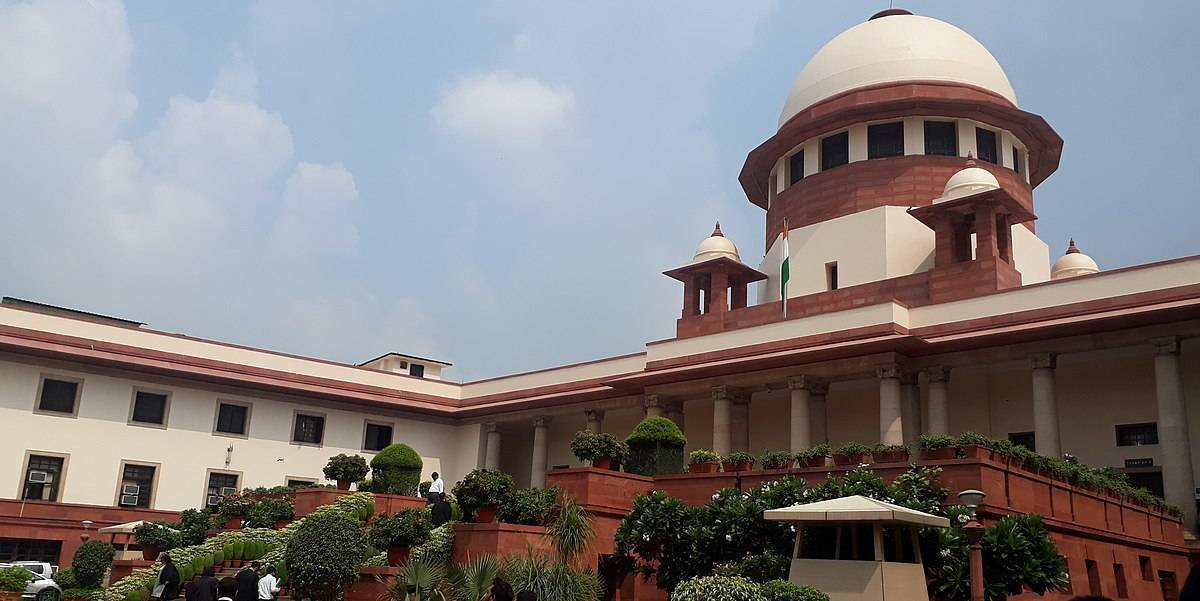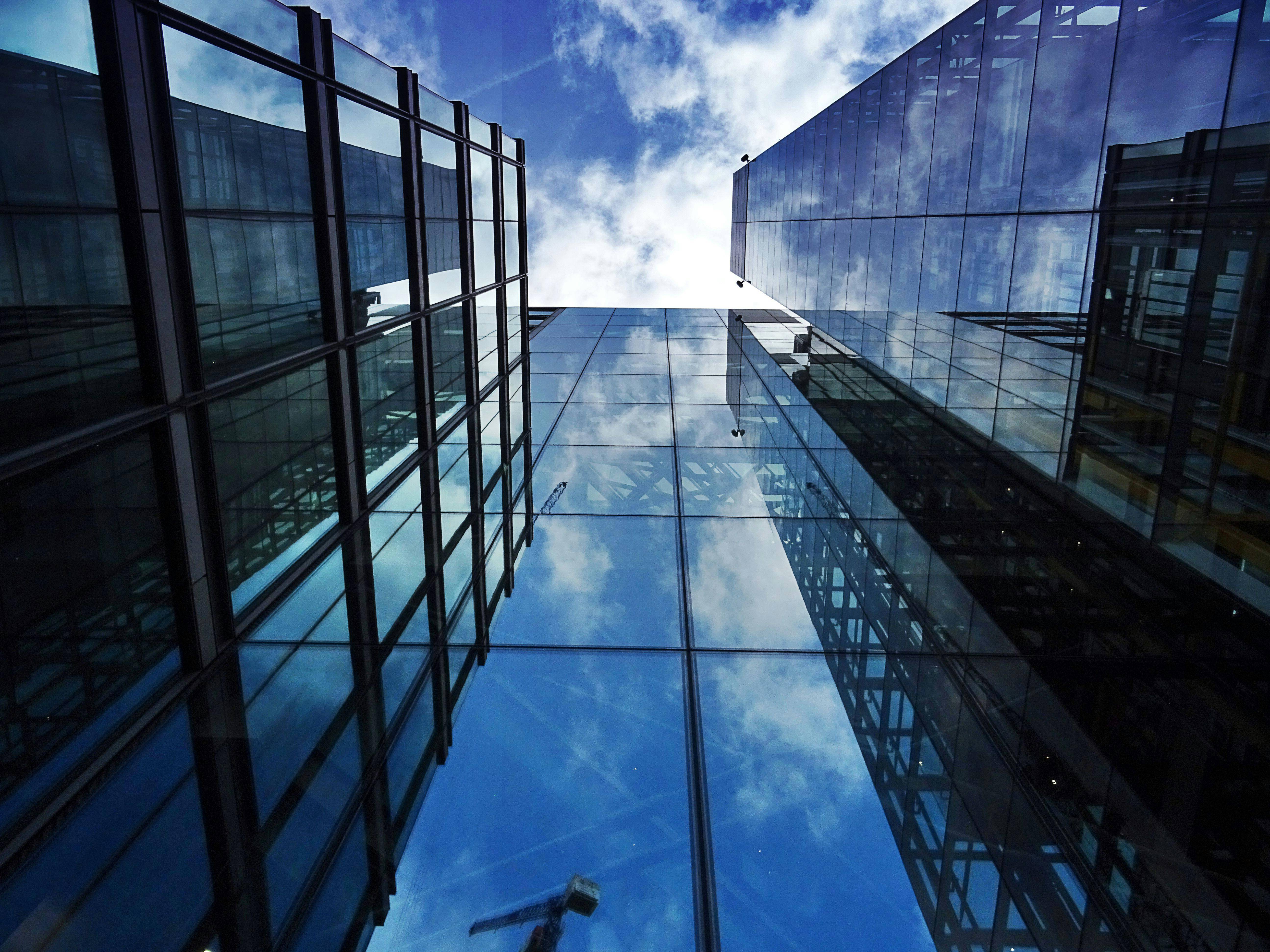The Supreme Court has summoned the Chief Officer of the Maharashtra Housing and Area Development Authority (MHADA) to clarify how the agency intends to ensure the payment of rent arrears to tenants affected by a stalled redevelopment project in South Mumbai. The directive follows MHADA’s approval of a new developer to take over the long-delayed Parvati Building redevelopment.
The redevelopment of Parvati Building, located in Bhuleshwar, South Mumbai, commenced in 2013 but has encountered repeated delays. The original developer was responsible for providing temporary accommodation rent to tenants during construction. However, tenants allege that the developer defaulted on rent payments exceeding ₹12 crore, causing financial hardship for many displaced residents. The issue gained legal traction when one of the affected tenants, Najaribai Jain, filed a special leave petition in the Supreme Court in October 2024.
On March 24, 2025, the Supreme Court issued an order summoning MHADA’s Chief Officer to appear on April 7, 2025, and provide a detailed plan for settling the outstanding payments to tenants.
Supreme Court’s Observations
The Supreme Court, in its order, highlighted several concerns regarding the project’s management. It noted that MHADA had previously granted a No Objection Certificate (NOC) to the original developer without incorporating provisions to safeguard tenants' rent payments in case of default. Despite the recent appointment of a new developer, the court pointed out that no mechanism had been put in place to ensure pending rent arrears were cleared before handing over the project.
The court stated: “We direct the Chief Officer of MHADA to remain present before this court on April 7, 2025, and explain in what manner MHADA will ensure that rent arrears are paid to all eligible tenants/occupants.”
Current Status of Rent Arrears
According to submissions made before the court, the total rent arrears exceed ₹12 crore, but only ₹2 crore has been disbursed to affected tenants. The tenants argue that despite the transition to a new developer, they continue to struggle with unpaid rent, as there is no concrete plan to settle the dues. The Supreme Court has questioned why the Letter of Intent issued to the new developer does not contain a clause mandating the payment of these outstanding arrears before resuming construction.
Several tenants have been forced to seek legal recourse due to the financial burden imposed by the stalled redevelopment. Some have taken out loans to cover alternative housing costs, while others have had to dip into their savings. The absence of a clear resolution has only added to their distress.
MHADA’s Role and Responsibilities
MHADA, as the regulatory body overseeing redevelopment projects, is expected to ensure that the interests of tenants are protected. The agency’s approval of a new developer without enforcing rent payment obligations has raised concerns about accountability in such projects. The Supreme Court's summons signals an intent to address these lapses and ensure that affected residents receive the compensation they are due.
Legal experts suggest that MHADA may now be required to either secure payment from the previous developer or direct the new developer to take responsibility for clearing past dues. The agency is also expected to present a structured approach to prevent such issues in future redevelopment projects.
Further complicating the matter, some tenants claim they were given verbal assurances that their rent payments would be settled before possession. However, these commitments were not legally documented, leaving them in a vulnerable position. The upcoming court hearing is expected to shed light on whether such informal promises hold any legal weight.
Tenant Grievances and Legal Recourse
Tenants who have been awaiting possession of their new homes for over a decade express frustration over the prolonged delays. Many continue to pay for alternative housing while awaiting resolution. Several affected residents have called for stricter regulations on redevelopment projects, emphasizing the need for financial safeguards before granting approvals to developers.
A resident stated, “We have been waiting for years, and despite legal intervention, there is no clarity on when our dues will be cleared. We hope the Supreme Court’s order compels MHADA to act swiftly.”
In addition to the legal battle, some tenants have reached out to local representatives and housing activists to push for action. Advocacy groups have highlighted the broader issue of redevelopment project mismanagement, urging the government to introduce stricter regulations and oversight mechanisms.
Implications of the Supreme Court's Order
The Supreme Court’s intervention in the case is expected to set a precedent for similar disputes in Mumbai’s redevelopment sector. The order underscores the responsibility of regulatory bodies to enforce contractual obligations and protect the rights of displaced tenants. Should MHADA fail to present a viable solution during the hearing on April 7, the court may impose stricter measures to ensure compliance.
Beyond this case, the court’s ruling could lead to policy changes mandating stricter enforcement of rent payment obligations before redevelopment approvals are granted. If MHADA fails to implement a satisfactory plan, the Supreme Court could direct further legal action against the authority, potentially impacting future redevelopment projects across Mumbai.
As the Supreme Court prepares to hear MHADA’s response, all eyes are on how the agency will address the issue. The hearing on April 7 will determine the next course of action, with potential implications for future redevelopment projects across the city.
Image source- scobserver.in









.png)